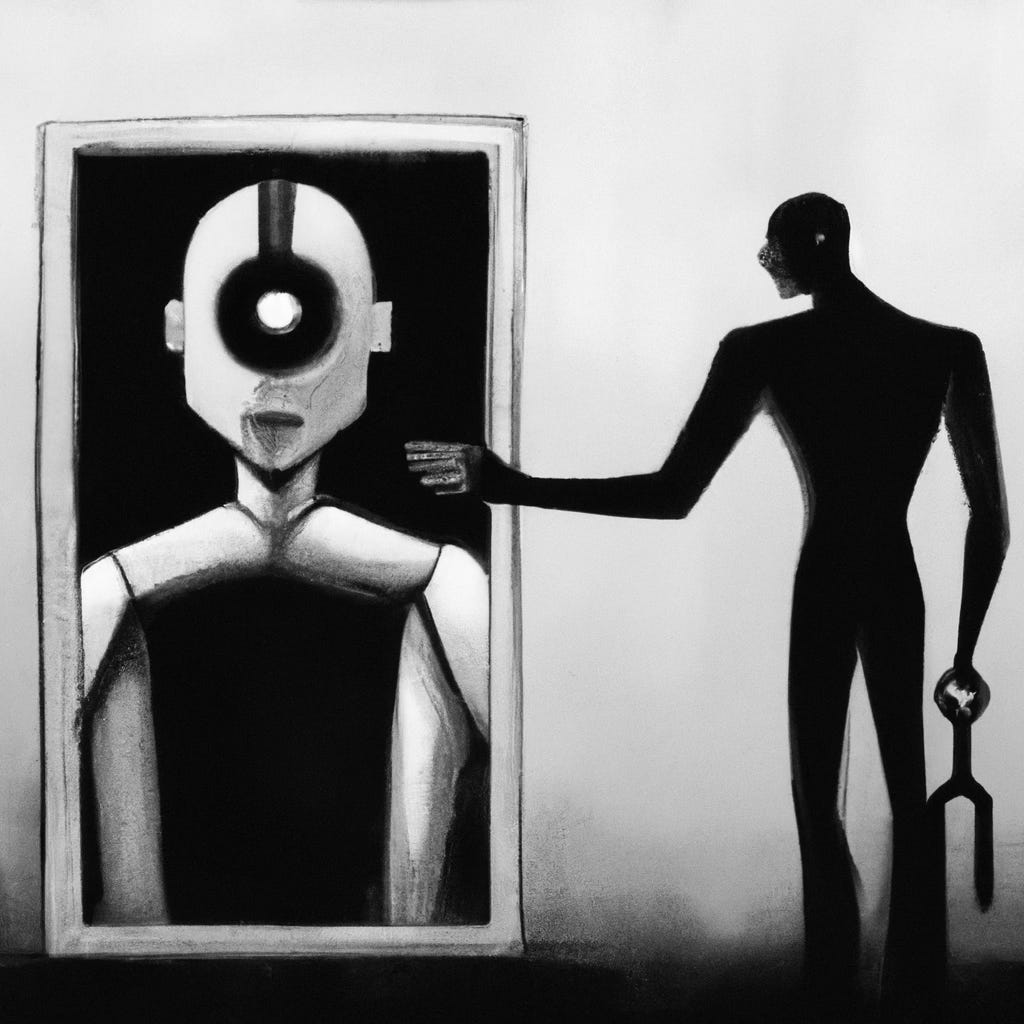Automation liberates only those who dare to reinvent themselves.
The task is no longer to adapt to machines but to surpass inherited identities. Automation empowers only those willing to unmake and remake themselves.
When repetitive work disappears, the question is no longer how to adapt to machines but how to redefine what it means to contribute. Automation strips away the illusion that effort alone has value. What matters is the capacity to generate insights, to innovate, to direct energy toward what machines cannot imagine. This requires abandoning inherited roles and prepackaged definitions of competence. Reinvention is not a choice—it is the minimum threshold for survival.
The danger lies in mistaking automation for an external solution. It does not rescue anyone by default. For those unwilling to reconfigure themselves, it amplifies irrelevance, leaving them clinging to outdated skills and shrinking authority. For those who face it directly, it accelerates growth, carving out new possibilities that demand sharper vision and higher standards. In this sense, technology is not an equalizer but a filter. It selects the few who see its challenge as an invitation rather than a threat.
Reinvention requires more than updating skills; it demands a deeper form of self-overcoming. It means discarding habits that once guaranteed safety, dismantling identities built on past achievements, and resisting the pull of conformity. Progress belongs to those who are not satisfied with maintaining their place within existing frameworks, but who actively dismantle and reassemble themselves in response to shifting conditions.
The highest opportunity lies not in working alongside automation but in directing it—using it as a mirror to expose limits and as a lever to break past them. This is why automation liberates only the few: liberation requires not merely access to tools, but the courage to redefine one’s own measure of worth. The machine cannot supply meaning. It cannot dictate the values that determine what is worth building. That remains, for now, exclusively human, and it is precisely where the greatest responsibility lies.
The future does not belong to those who merely adapt to automation, nor to those who resist it. It belongs to those who seize it as a catalyst for transformation, who dare to reinvent themselves beyond roles that can be replaced. Liberation in this new era is not a matter of escaping systems but of surpassing them. The decisive question is not whether automation will free us, but whether we are ready to free ourselves from it.

